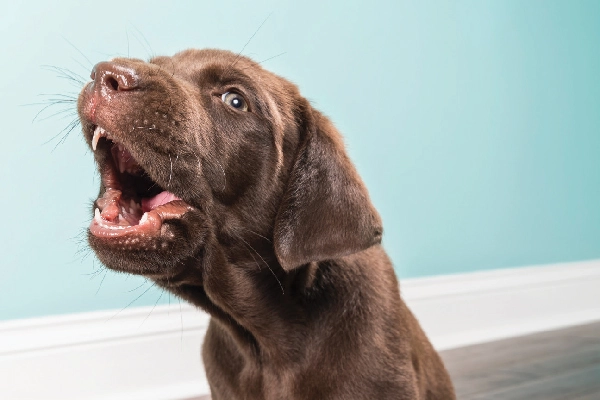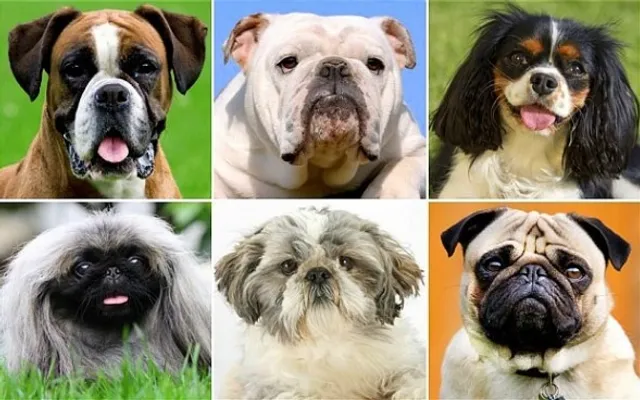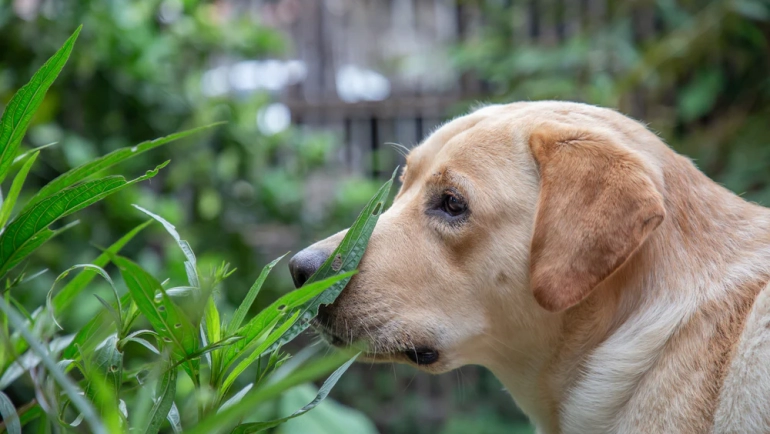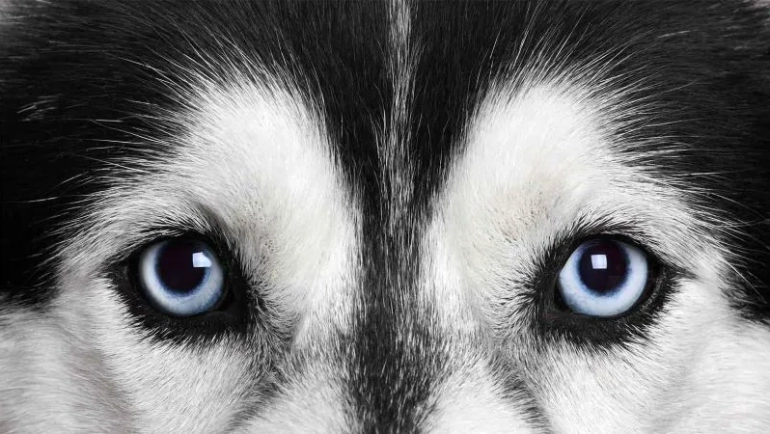130Views

Do Dogs Burp? The Definitive Guide to Canine Bloopers
Do dogs burp? It’s a question pet owners often ponder, especially when greeted with a post-meal rumble from their furry friend.
The answer, thankfully, is yes! Dogs do burp, and just like humans, it’s a normal part of their digestive process.
Wondering why your dog burps like a champ? Unravel the mystery of canine bloopers & discover normal vs. concerning burps, plus tips for happy digestion!
Why Do Dogs Burp?
There are two main reasons why dogs burp:
- Swallowing Air: Just like us, dogs can gulp air while eating or drinking too quickly. This air needs to escape, and out comes the burp! Flat-faced breeds like pugs and bulldogs are especially prone to air gulping due to their shorter snouts.
- Digestion: The digestive process produces gas, and sometimes, this gas needs to be released upwards through a burp. Certain foods, like dairy or fatty meats, can increase gas production in dogs.
You May Also like:
Is Dog Burping Normal?
In most cases, occasional burping is perfectly normal for dogs. However, there are some situations where excessive or unusual burping could be a sign of an underlying issue:
- Frequent Burping: If your dog burps constantly, it could indicate digestive problems like gastritis or food allergies.
- Foul-Smelling Burps: Burps with a strong odor could signal digestive issues or even spoiled food ingestion.
- Burping with Other Symptoms: If burping is accompanied by vomiting, diarrhea, loss of appetite, or lethargy, it’s important to consult your veterinarian.
What breed of dog burps?
While all dogs are capable of burping, some breeds are definitely more prone to it than others! Here are the top contenders for the “burpiest” titles:
1. Brachycephalic Breeds:

These flat-faced cuties, like Pugs, Bulldogs, and Boxers, have shortened snouts that make them more likely to swallow air while eating and drinking.
This air needs to escape, leading to frequent burps (and sometimes even snorts!).
2. Labrador Retrievers:
These energetic pups are notorious for their enthusiasm, which often translates to gulping down their food in a hurry. This air intake leads to, you guessed it, burps!
3. German Shepherds:
While not as common as brachycephalic breeds, German Shepherds can also be prone to burping due to their large size and deep chests, which can trap air during digestion.
4. Giant Breeds:
Large breeds like Great Danes and Mastiffs have ample space for gas to build up in their digestive systems, leading to occasional burps.
5. Dogs with Sensitive Stomachs:
Certain breeds, like Yorkshire Terriers and Shih Tzus, have delicate digestive systems that are more susceptible to food sensitivities and intolerances. These sensitivities can lead to gas production and burping.
Remember:
- Occasional burping is usually normal, but excessive or unusual burping accompanied by other symptoms could indicate an underlying health issue.
- Consult your veterinarian if you’re concerned about your dog’s burping.
- With proper diet, feeding practices, and exercise, you can help minimize your dog’s burping and ensure their digestive health.
Tips for Minimizing Dog Burping:
- Slow Feeders: Using a slow feeder can help dogs eat slower and swallow less air.
- Smaller Meals: Feeding your dog smaller, more frequent meals can reduce air intake and improve digestion.
- Dietary Changes: Talk to your vet about adjusting your dog’s diet to avoid gas-producing ingredients.
- Exercise: Regular exercise can aid digestion and reduce gas buildup.
Remember: If you’re concerned about your dog’s burping, always consult your veterinarian for proper diagnosis and treatment.


